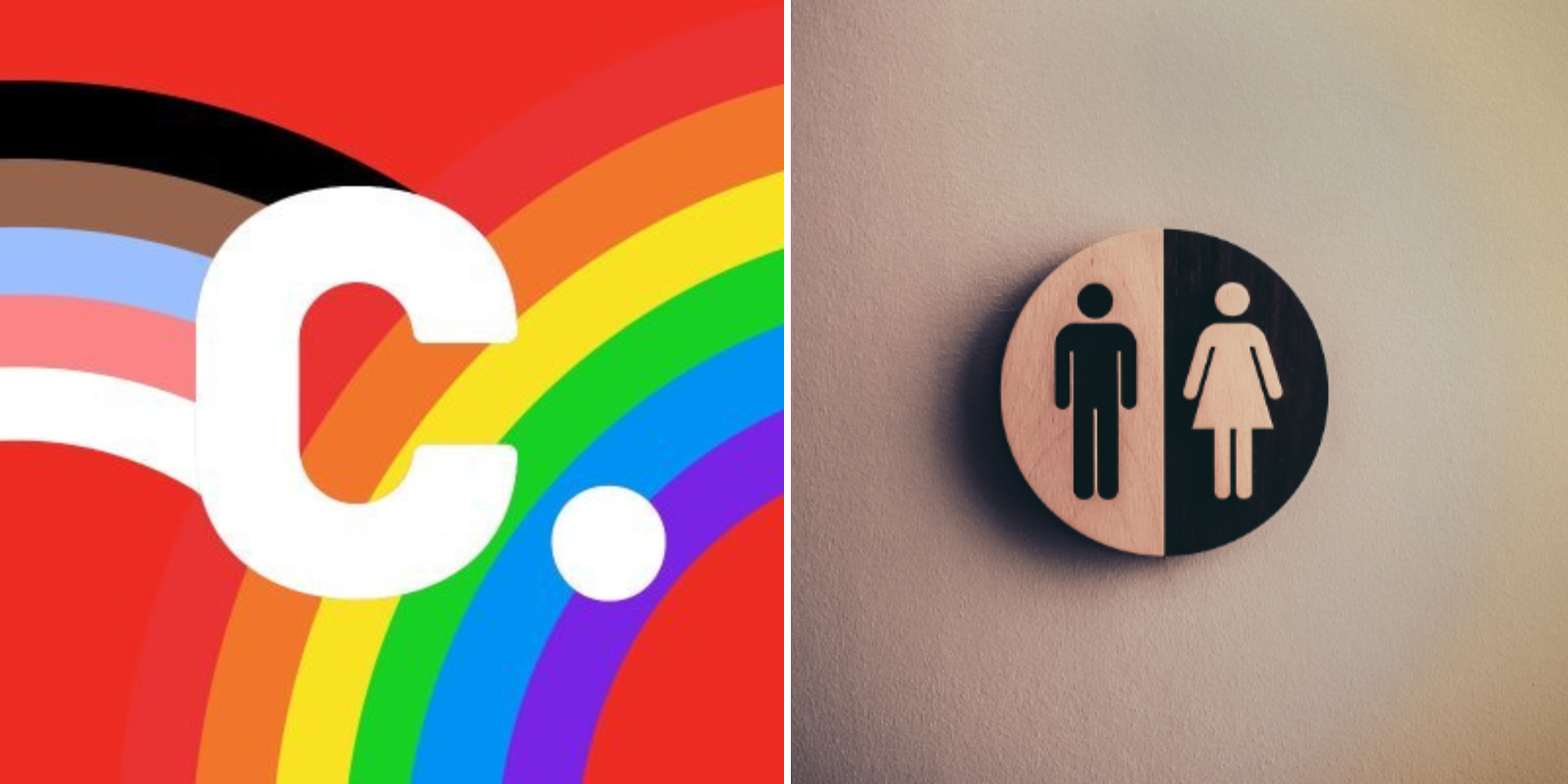On August 19, Twitter disclosed a “significant state-backed information operation” focused on spreading misinformation and undermining the freedom movement currently happening in Hong Kong.
In total, they disclosed 936 bot accounts actively spreading propaganda to derail support for the movement. However, this only represents a fraction of a much larger, more sophisticated network of bot accounts.
According to Twitter, “A larger, spammy network of approximately 200,000 accounts — many created following our initial suspensions — were proactively suspended before they were substantially active on the service.”
All accounts have since been suspended for multiple violations of Twitter’s platform manipulation policies, including using spam, coordinated activity, making fake accounts, attributed activity, and evading bans.
Twitter gave the following hardline statement on the matter:
Covert, manipulative behaviors have no place on our service — they violate the fundamental principles on which our company is built. As we have said before, it is clear that information operations and coordinated inauthentic behavior will not cease. These deceptive strategies have been around for far longer than Twitter has existed. They adapt and change as the geopolitical terrain evolves worldwide and as new technologies emerge. For our part, we are committed to understanding and combating how bad-faith actors use our services.
On August 20, spokesperson for the Chinese Ministry of Foreign Affairs Geng Shuang responded to the recent banning on behalf of Beijing.
“The Chinese media use overseas social media to communicate with the people there, introduce Chinese policies, and tell stories about China to the outside world, he said. “I think this is reasonable. I don’t know why certain companies of people took such strong reactions. I don’t know if this pokes some of their shortcomings.
“I think you should be very clear about the attitude of 1.4 billion Chinese people,” he added. “For the attitude of the Chinese citizens and students overseas you should also be quite clear. They certainly have the right to express their views and opinions.”
This is quite an interesting statement as the People’s Republic of China has banned Twitter in China. At least, Twitter is banned for actual Chinese citizens. Chinese officials can still use Twitter and have been doing so with greater frequency. Moreover, Twitter believes that the Chinese government has been using more covert means of posing as Chinese citizens through the use of VPNs.
Furthermore, as Bloomberg has pointed out, what neither party have publicly acknowledged is the deep connection between the two, and that Twitter has been assisting Chinese officials in boosting Beijing’s political agenda around the world.
As Bloombergreports, “Twitter employees actually help some of these people get their messages across, a practice that hasn’t been previously reported. The company provides certain officials with support, like verifying their accounts and training them on how to amplify messages, including with the use of hashtags.”
“There’s a clear tension for Twitter here having seen that Beijing is willing to use the platform in deceptive and manipulative ways, whilst desiring to use the platform for state diplomacy,” said Jacob Wallis, a senior analyst at the Australian Strategic Policy Institute’s International Cyber Policy Centre.
This latest account banning comes in the wake of Twitter, and Facebook to a lesser extent, deciding to ban or limit many political advertisements from Chinese government, companies, and officials, which often included derogatory statements aimed at people from Hong Kong.
Other political advertisements make false statements regarding what Hong Kong residents are saying, which cannot in any way be verified, such as calling China the “motherland” and that the average Hong Kong citizen believes the protesters are a common “band of thugs.”
But, as many will know, close to a quarter of Hong Kong’s population recently took to the streets in the pouring rain to protest Chinese interference in their government. Clearly, if there is an average Hong Konger, they are most likely on the side of the protesters.
“We want to protect healthy discourse and open conversation,” Twitter said in a statement posted on its website. “We believe that there is a difference between engaging in conversation with accounts you choose to follow and the content you see from advertisers in your Twitter experience which may be from accounts you’re not currently following.”
According to News.com, Facebook has identified at least a dozen pages and groups tied to Chinese activity regarding the Hong Kong protests.
Facebook has said such accounts were “engaged in a number of deceptive tactics”, and that they “found links to individuals associated with the Chinese Government” in the course of their investigation.
As China struggles to stop the momentum of the freedom movement, such attempts to undermine the movement are being called out with greater frequency and foreign platforms, such as Twitter and Facebook, are slowly becoming less complicit with China’s use of underhanded tactics.
Join and support independent free thinkers!
We’re independent and can’t be cancelled. The establishment media is increasingly dedicated to divisive cancel culture, corporate wokeism, and political correctness, all while covering up corruption from the corridors of power. The need for fact-based journalism and thoughtful analysis has never been greater. When you support The Post Millennial, you support freedom of the press at a time when it's under direct attack. Join the ranks of independent, free thinkers by supporting us today for as little as $1.
Remind me next month
To find out what personal data we collect and how we use it, please visit our Privacy Policy







